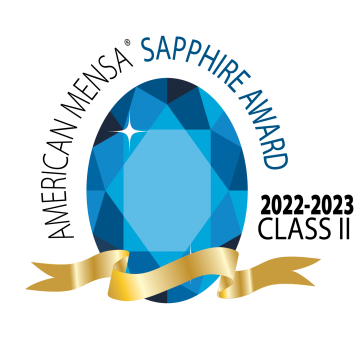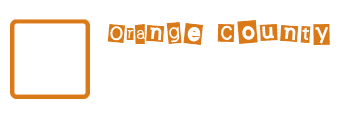Tejal Gala, of Santa Ana, CA, is a member of Orange County Mensa. She won the 2016 $1000 Mensa Member Lessa Scherrer Scholarship.
To be honest, I’m kind of a quirky person. I love deriving formulas and I solve Calculus problems for fun. I am a bona fide math and science gal, and not at all Egyptian, but I spent four years writing a non-fiction book about Egypt…because I am captivated by its kaleidoscope of wonders. I’m the kind of girl who plays Lumosity, speaks philosophy, writes poetry, loves fractals, and thinks in patterns. I delight in anything absurd, and I live in a world where learning is more appealing than a strawberry pie.
For as long as I can remember, I have been a daydreamer. In fact, I’ve lost track of the number of times my mom has caught me “zoning out” at the dinner table, my stomach stuffed with pasta and my mind stuffed with questions. Why do magnets repel and attract? How is glue made? And what gives artificial intelligence…intelligence? For whatever reason, I always wondered how and why things worked.
I knew my heart belonged to tech when my dad brought home an Arduino, and I began to code and tinker in my free time. YouTube, Khan Academy, and books were excellent mentors. With Arduino –and some “junk” in the garage- I built a light switch, a thermostat, and some solar-powered cockroaches. Eventually I was able to build more complex robots, and I used the Arduino to give them life.
I also programmed Raspberry Pi, another type of microcontroller board, to create and play videogames. Daydreaming one afternoon, I had an idea for a videogame that would award prizes based on a plurality of variables. My dad and I brainstormed the details and, two years later, we were issued a patent.
I would have pledged allegiance to mechanical engineering or even computer science, had I not volunteered at an Indian village hospital; what began as a purely philanthropic activity resulted in magnetism to the medical field. Whether I was bandaging patients’ eyes or wheeling them from the operation theater, I felt a strong sense of purpose. From then on, I volunteered weekly at a local children’s hospital.
Last summer, I had an idea for an invention that would combat metastasis. For countless hours, I pondered the details of how to make it work. I never fully understood some of its components, but I finally understood myself. I am most passionate about designing technology to heal.
My entire life has left me standing at the crossroads of machinery and medicine. In biomedical engineering, I see a perfect meld. Next year, I head to college, and the possibilities are as endless as they are enticing. I can use neuroengineering to repair a damaged brain, or construct an implantable chip that can improve neural function for people with Parkinson’s. I can focus my attention on the heart and investigate the fluid dynamics of thrombosis. I can even pursue cybernetics, engaging in cutting-edge research of cellular automata.
College isn’t about “When will I get my degree?”; it’s about “What can I experiment with today?” I can’t wait to feed my STEM-nerd with biotech, maybe even study abroad and uncover another Egypt-like fascination. Though I’m not sure exactly where my road will lead, I will continue to enjoy learning, with Petrarchan sonnets and recreational icosahedrons competing for my spare time.

